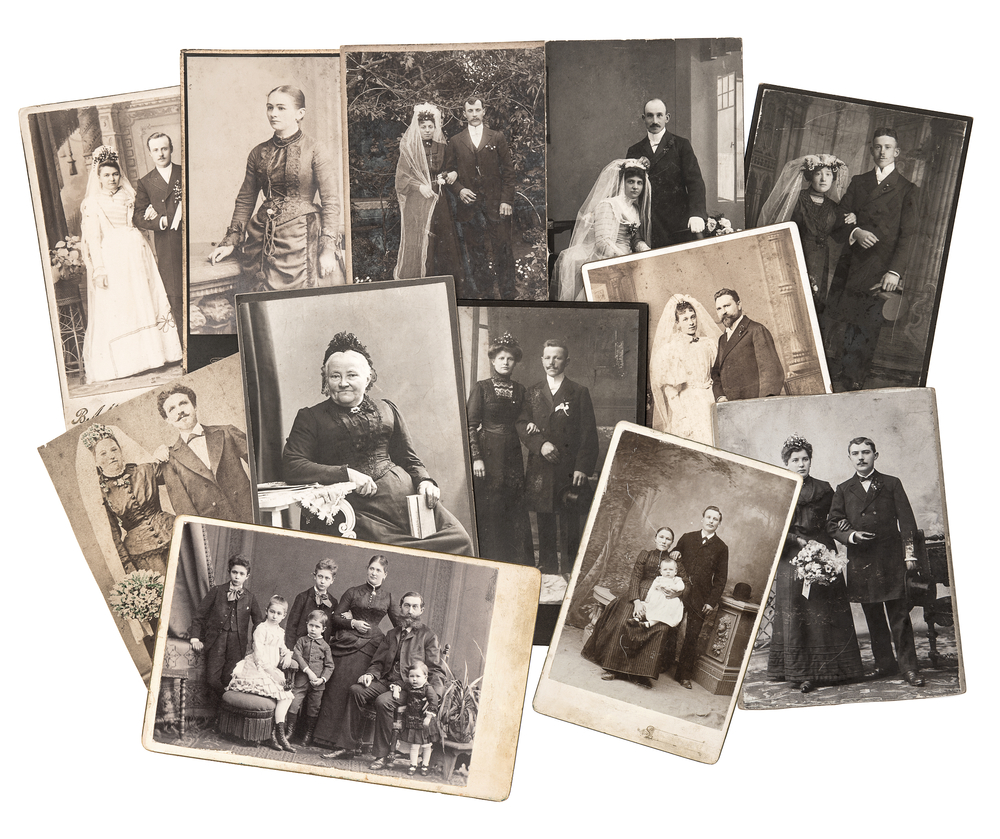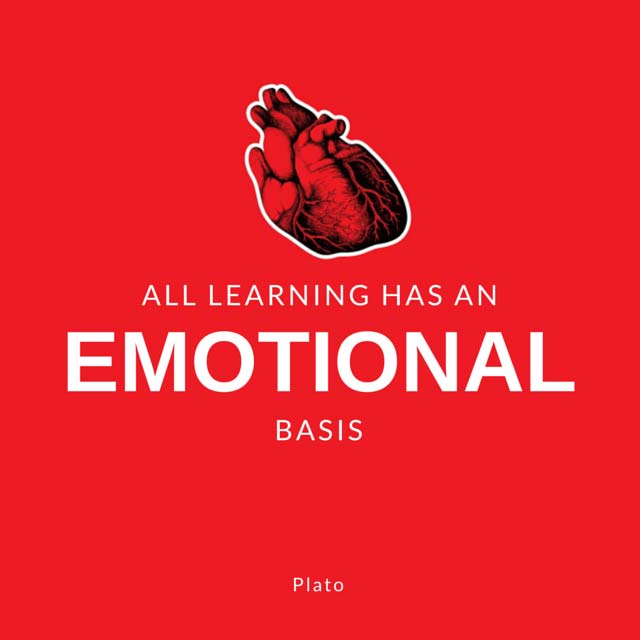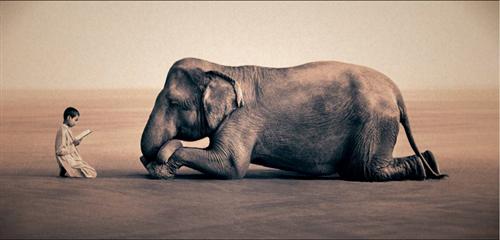
‘Some of the emotions that affect us were passed down from our parents, grandparents, and great grandparents, etc. Inherited baggage can have a profound effect on the generations who receive the baggage.’
Photo and Quote: releaseyourbaggage.com
“…Our emotional inheritance clings to us because it was bequeathed in conditions of total helplessness. The early years were periods of acute vulnerability. We were utterly at the mercy of the prevailing environment. We could not properly move, speak, control or contain ourselves; we could not calm ourselves down or recover our equilibrium. We had no choice about whom to direct our feelings towards and no way to defend ourselves adequately against what injured us. We could not even string thoughts together, needing the language eventually lent to us by others in order to begin to interpret our requirements. Even in the most benign of circumstances, with only the best intentions at play, the possibilities for warps and distortions were hence enormous. Few of us ever come through entirely unscathed.
“What we experienced in those early years now moulds the expectations with which we approach the people and situations of our adult lives. What we feel we’re owed, how we speak to ourselves, our sense of how our hopes may turn out, all are extrapolations from experiences and relationships of a distant past whose particulars we may find it hard to recall. A lot of our difficulties stem from these unknown psychological legacies, which interfere with our ability to respond with appropriate lucidity, courage, affection, directness or soberness to the present. We interpret reality with a bias which twists the available evidence according to a narrative that feels familiar – but may be untrue to what and who is actually before us.”…
Continue to read:
Read more:
Emotional Education: An Introduction

Photo: opencolleges.edu.au
“Our societies have a huge collective regard for education; but they are also oddly picky in their sense of what we can be educated in. We accept that we will need training around numbers and words, around the natural sciences and history, around aspects of culture and business.
“But it remains markedly strange to imagine that it might be possible – or even necessary – to be educated in our own emotional functioning, for example, that we might need to learn (rather than just know) how to avoid sulking or how to interpret our griefs, how to choose a partner or make oneself understood by a colleague…
“The task before us is therefore how we might acquire a set of emotional skills that could reliably contribute to a capacity for ‘emotional intelligence’…
“Emotional intelligence is the quality that enables us to negotiate with patience, insight and temperance the central problems in our relationships with others and with ourselves. It shows up around partnerships in sensitivity to the moods of others, in a readiness to grasp what may be going on for them beyond the surface and to enter imaginatively into their point of view. It shows up in regard to ourselves when it comes to dealing with anger, envy, anxiety and professional confusion. And emotional intelligence is what distinguishes those who are crushed by failure from those who know how to greet the troubles of existence with a melancholy and at points darkly humorous resilience.”…
Continue to read:
Emotional Education: An Introduction
5 Reasons We Can't Ignore Social-Emotional Learning
“Fewer than one third of students believe they are part of a caring, encouraging learning environment, according to a new study. And only half of students report having competencies such as empathy, conflict resolution, and decision-making skills. So what can we do to repair this deficit?
The general consensus among education researchers and teachers alike is that social-emotional learning (SEL) can help. By strengthening their self-management skills and social support networks, social-emotional learning can help foster students’ well-being and success. But we’ve got to treat it as more than another passing fad if we want to see it work its magic.”…
Continue to read:
5 Reasons We Can't Ignore Social-Emotional Learning
Why we need the Journey to Sophia: Education for Wisdom
"Education to Build a Better Future for All"

"Educating the mind without educating the heart is no education at all."- Aristotle
Photo: montville.net
'We live in a world with many complex problems, at all levels, local, regional and global. It is said that education is the key that opens the door to a more harmonious world.
The pertinent question is: What kind of education and learning would help us address these challenges and create a sustainable world and a better life for all?
T.S. Eliot posed the question: "Where is the Life we have lost in living? Where is the wisdom we have lost in knowledge? Where is the knowledge we have lost in information?"
Reflecting on the questions above, we are going to need an education system that respects planetary boundaries, that recognises the dependence of human well-being on social relations and fairness, and that the ultimate goal is human well-being and ecological sustainability, not merely growth of material consumption.
The new education model recognises that the economy is embedded in a society and culture that are themselves embedded in an ecological life-support system, and that the economy can't grow forever on this finite planet.
In short, we need to listen to our hearts, re-learn what we think we know, and encourage our children to think and behave differently, to live more in synch with Nature.
If we do this successfully we can become wiser as a species, more “eco-logical.” We and the planet that gave birth to us can be happier and healthier, healed and transformed.'...
Continue to read:
The Journey to Sophia: Education for Wisdom
Further reading:
